|
Title: A Certain Slant of Light Author: Laura Whitcomb Genre: Romance, Fantasy, Literary Fiction, YA? Summary A long time ago, Helen died, but her soul did not make it into Heaven. For over a century, she has existed as a ghost and a writerly muse, attaching herself from one literary figure to the next, watching their lives but never being more than a whisper in their ear. Helen’s latest haunt is an English teacher and aspiring writer named Mr. Brown. One day, as Helen stands beside him in his English class, a boy notices her. The boy is not what he appeared. James died as a young man and also became a ghost, but very recently, he discovered he could enter an “empty” body. Possessing a high school boy named Billy gives him access to the world again and allows him to see Helen. As the two ghosts begin a whirlwind romance, Helen wonders if she, too, can enter a body and be with James. After so much time spent watching in the distance, is it possible that Helen can once again partake in life? Review It has been a long time since I read a book I unabashedly loved. But that is how I felt about A Certain Slant of Light. It is sweet and romantic, full of yearnings and emotions, with beautiful prose and a genuine affection for words and literature. I loved Helen and James. I loved their old-fashioned courtship and their passionate yet somehow innocent romance. This rendered the second half of the book hard to read, as the tension started to ramp up and I became genuinely afraid of what might happen to them. But, though it took a lot of pain and struggle to get there, the ending was happy and left me as a pile of mush, basking in emotion.
2 Comments
I’ve been watching a lot of old episodes of Mystery Science Theatre 3000 (MST3K) on YouTube. It’s not a quarantine thing; I just like it. If you’ve never seen MST3K, it’s a T.V. show from the 90s that features a man sent up to space by villains who torture him by making him watch terrible old movies. The man and his robot friends keep their sanity by riffing and cracking jokes at the cheesiness on screen. (MST3K was revised briefly by Netflix; modern episodes can be seen there.) The movies are well and truly awful. You really cannot watch them without the jokes; even then, they can be hard to get through. And yet this, ironically, makes it perfect viewing for when I’m doing something else, like typing or cooking or playing Candy Crush on my phone. Typically, I watch the same episodes over and over, until I have all the jokes memorized and can practically recite the bad movies word for word. Sometime around the 20th viewing of an episode, I start to become oddly sympathetic to the bad movie. Once you get through the tedium, the confusion, the bad acting, the ugly visuals, and the lack of budget, there’s usually… something. An idea that went terribly wrong. What was it trying to be? What potential did it have? And why did it fail so miserably? One of many problems I’ve noticed with these bad old movies--the one that’s been on my mind lately--is that these movies don’t seem to understand whose story it is, possibly due to sexism or racism. The main character has to be a white male lead, even when, as I examine the plot and character arcs, I realize that it is not that person’s story. This an excerpt from a fantasy/ romance/ historical fiction I've been working on during quarantine. In an alternate version of America, where magic is commonplace, a witch and wizard have adventures as they travel the country in pursuit of magic and gradually fall in love. Right now, I call this story Hazel and Saul, after my main characters, but the title is subject to change. This is a second draft, which means it's pretty early on in the writing process. I haven't added a lot of details and description, and the prose is rough. This scene takes early in the story, when the title characters first meet. Hazel Meets Saul Pennsylvania, October 1870 He was worse than a peddler. The wizard stood at the gate of her aunt’s house, banging on the door for a good ten minutes. Hazel could tell he was a wizard by the gaudy purple cloak he wore, popular among only the lowest rung of that profession. Hazel had made the mistake of peeking out through the window to see what was making the noise. Unfortunately, he’d seen her, and his rapping had only grown more furious. “Miss Blackwood! Miss Blackwood!” he cried. Hazel pressed her hands to the side of her head. She had a terrible headache and his pounding on the gate only made it worse. She’d been sick these last three days and wanted nothing more than to curl up and rest. But here was this annoying creature, disturbing her peace. “Miss Blackwood! A word, please! Just a word!” Hazel sighed. From his voice he sounded rather young. Young and full of energy and shamelessly relentless. She decided she wasn’t going to get rid of him, so she put on her cloak and bonnet and hobbled out. It was cold and chilly, and the wind on her face made her shiver, despite the warmth of her cloak. She walked down the path through the front yard until she reached the gate. “Ah, Miss Blackwood!” The wizard sounded relieved. “Thank you for your indulgence. I crave but a moment of our time. You are Miss Blackwood, are you not?” “I am, but--” “My name,” he said with a flouncy and exaggerated bow, “is Solomon Felix Zephyrus, an apprentice wizard of distinction, and I have a proposal for--” He stopped and blinked. He leaned forward and stared at her face, as if seeing it for the first time. “You’re young,” he said, with some dismay. Writing, when you think about it, is an unglamorous and solitary act. You spend several hours in one place, by yourself, stuck inside your own head, confronting your own emotions. So if you think that quarantine is ideally suited for a writer… it is. Now that we’re about two months in, I feel comfortable sharing what I’ve been up to as COVID-19 rages on.
Phase 1: Stress and Anxiety Somewhere in the middle of March, the world as we knew it shut down. It was on a Thursday, when Tom Hanks tested positive for the Coronavirus, Disneyland shut down, and the stock market plunged. At that point, I realized something very serious was going on. That weekend, I went to Panera to eat a bagel and journal about my anxieties. It would be the last time I sat down at a restaurant for many months to come. My life was already in upheaval. I had moved into a new apartment at the end of February, with my friend Rita. She suffers from chronic pain and a host of other conditions, none of which were helped when she fell down the stairs and got a concussion 4 days after I moved in. With her being incapacitated, it fell to me to take care of her new Belgian sheep dog, Atlas. I had barely gotten the apartment equipped and was beginning to contemplate looking for a job, when quarantine hit. I’m used to my life being a mess. I was not used to the world being a mess along side me. The anxieties built and built within me. For a writer, this can be a good thing. The higher my emotions, the easier it is to write. In this case, though, I was supposed to be focused on completing Company, my novel about a ghost and an imaginary friend, and I couldn’t focus. I journaled a bit, watched a little T.V., and played around with some other story ideas. This phase lasted for about a week. |
Rebecca LangWriter. Critic. Dreamer. Archives
January 2021
Categories
All
|
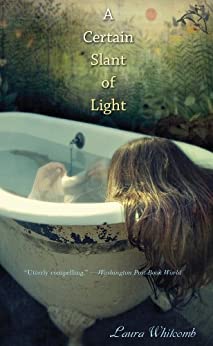

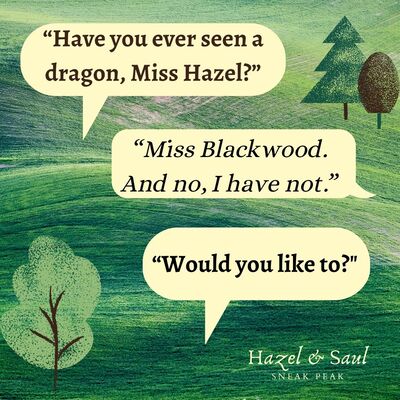

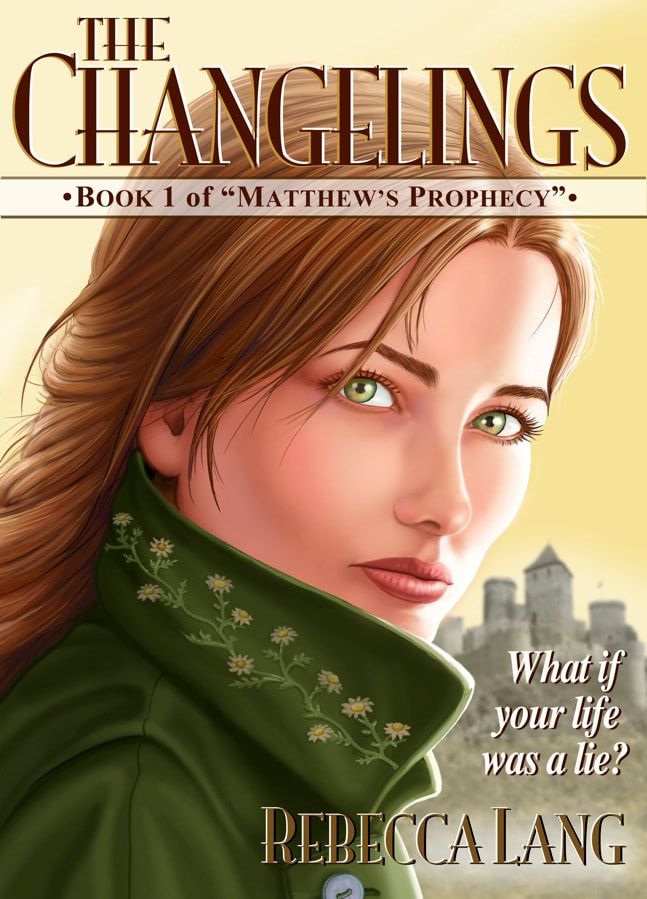
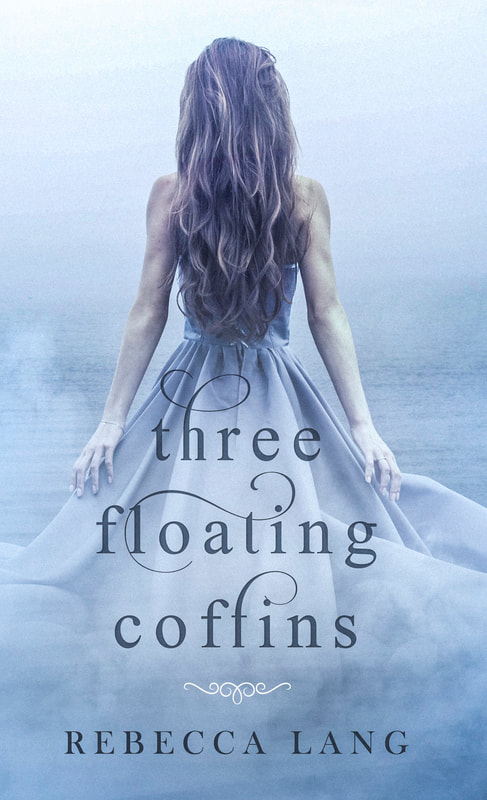
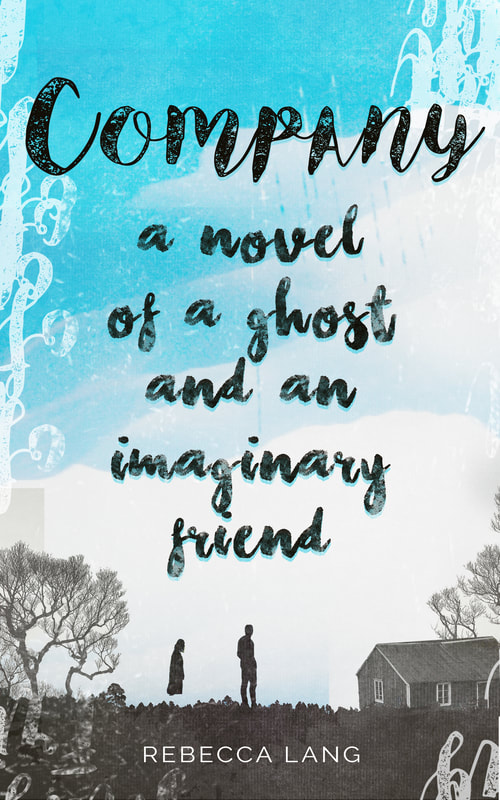
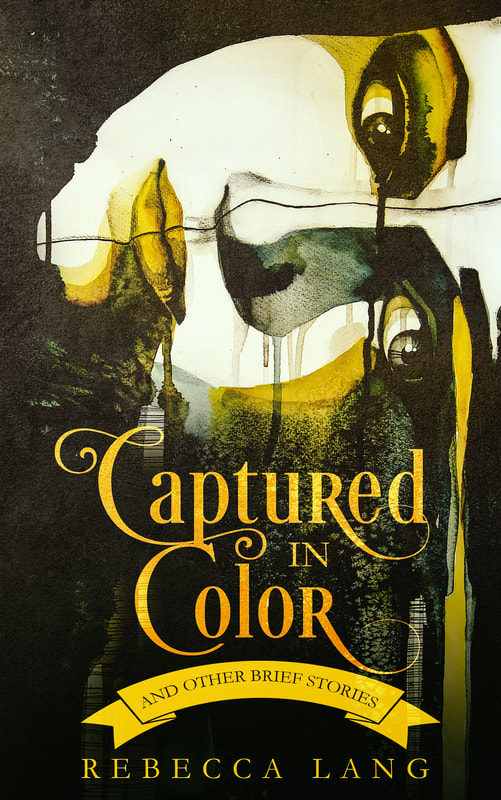
 RSS Feed
RSS Feed